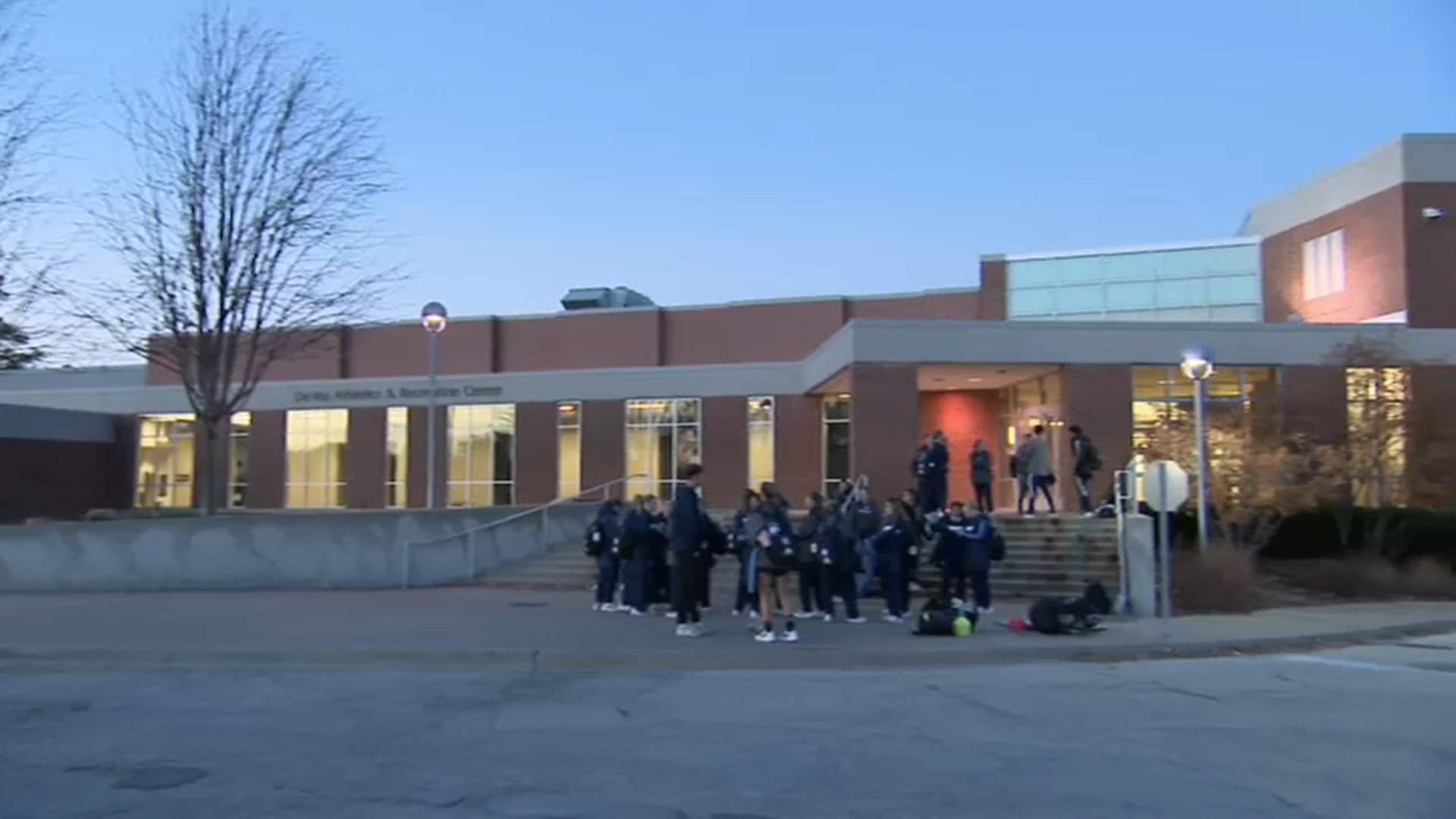Recent high school graduate Carlton Horton, who goes by “CJ,” knew the traditional college experience wasn’t for him.
“I know I’m really good at math, and I’m really good with my hands, and carpentry is fun to me,” said Horton. “Building things and being able to see the progress and the finishing touch.”
Horton graduated high school on Chicago’s South Side in 2024.
“Once I graduated, I wanted to go into a trade school,” he said.
Horton is now part of the first cohort of students in the Youth Build program at Dawson Technical Institute within Kennedy King College. He and seven others are in class five days a week, working with their hands in a lab and also in a classroom.
“I’m eager to get up in the morning to come here every day,” said Horton.
Students in the Youth Build program get a full scholarship and stipend, funded through the Department of Labor, to alleviate financial barriers to education. The group starts an internship building modular homes in January, and they’ll graduate with a certificate in construction carpentry in May.
“There’s a high demand for skilled workers,” said carpentry instructor Burton Anderson.
“There was once this culture, you can only be successful if you go to college,” said Anderson. “A lot of the young kids are starting to see that college is not necessarily the way you have to go.”
Interest in career and technical education programs is skyrocketing.
According to a recent Gallup poll, Americans’ perceived importance of a college education is declining.
The poll shows 35% of Americans say a college education is “very important.” Another 24% of people polled said it’s “not too important.”
The National Center for Education Statistics finds the percentage of high school graduates immediately enrolling in college declined by eight percent from 2016 to 2022.
“This really is a way for us to get students the skills that they need quickly and to place them into industry and into the workforce,” said Katonja Webb Walker, president of Kennedy King College.
Dawson Technical Institute specializes in the construction trades. Students can earn a basic certificate within one semester or more advanced degrees in two years.
The construction carpentry certificate program saw a 1,200% increase in enrollment from the 2020/21 to the 2024/25 school year.
The plumbing and fire protection program is also about 1,200%, and the overhead electrical line work advanced certificate program is up 119% over the same time span.
“Our construction management program has seen huge increases in enrollment,” said Webb Walker.
“No matter what advances we’re making in technology, no matter what advances we’re making with AI, we’re still going to need human bodies. We need people to do the manual labor that’s required.”
The college works directly with unions to modify the curriculum to keep up with advancements in industry; they also partner with ComEd and People’s Gas to offer scholarships.
“[Students] don’t have to worry about sacrificing putting food on the table to get that credential,” said Webb Walker.
As for Horton, he’s confident his future is bright, with or without a four-year degree.
“College is not for everybody. It wasn’t for me, and I think I’m going to be somebody. I know I’m going to be somebody in this world,” said Horton. “You don’t have to go to college to be somebody.”
NBC 5 Responds also spoke with an employment expert at LinkedIn who said one in five jobs posted on the platform no longer require a college degree, a sign there are other pathways to entering the workforce.

Want more insights? Join Working Title - our career elevating newsletter and get the future of work delivered weekly.

